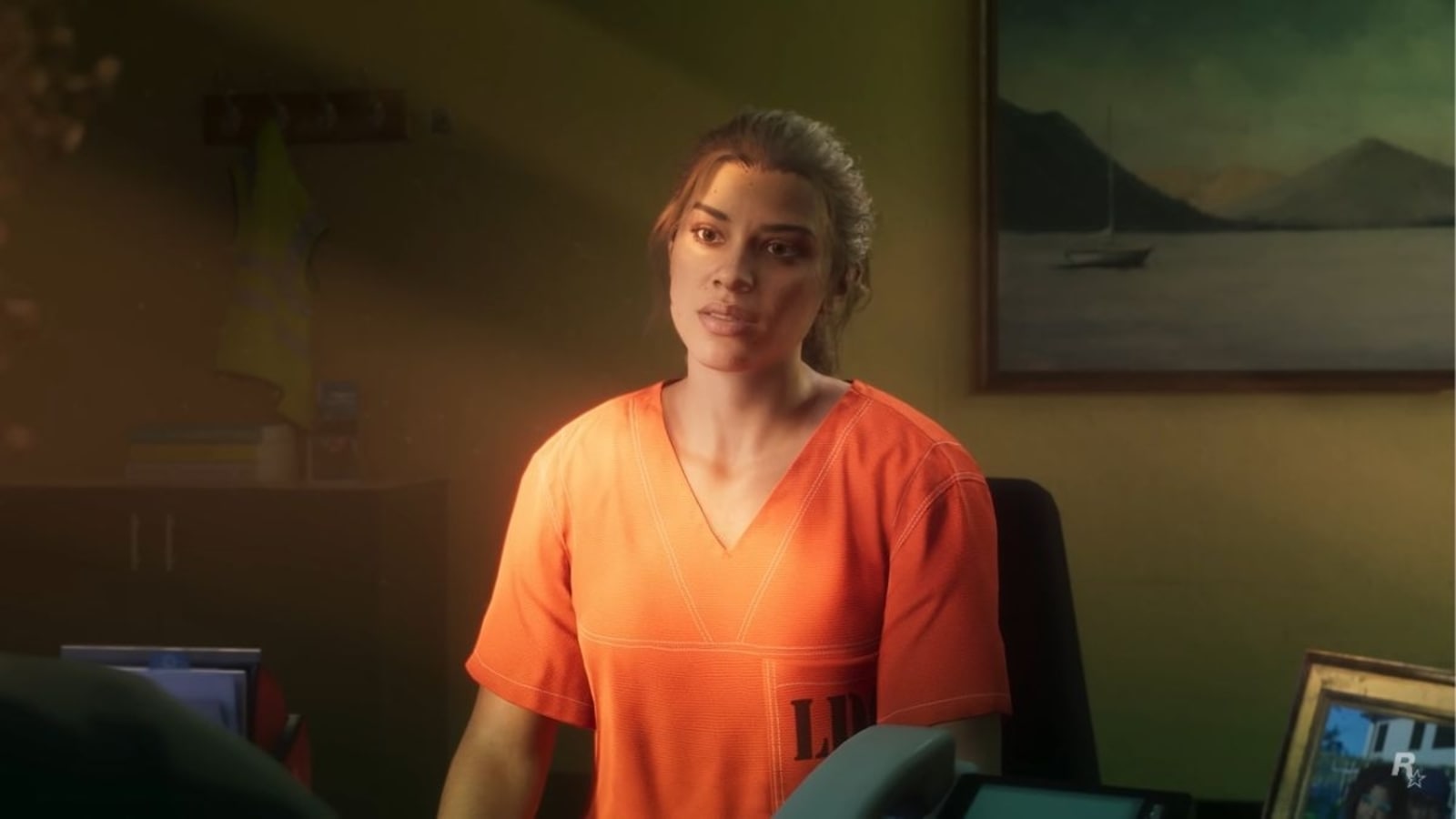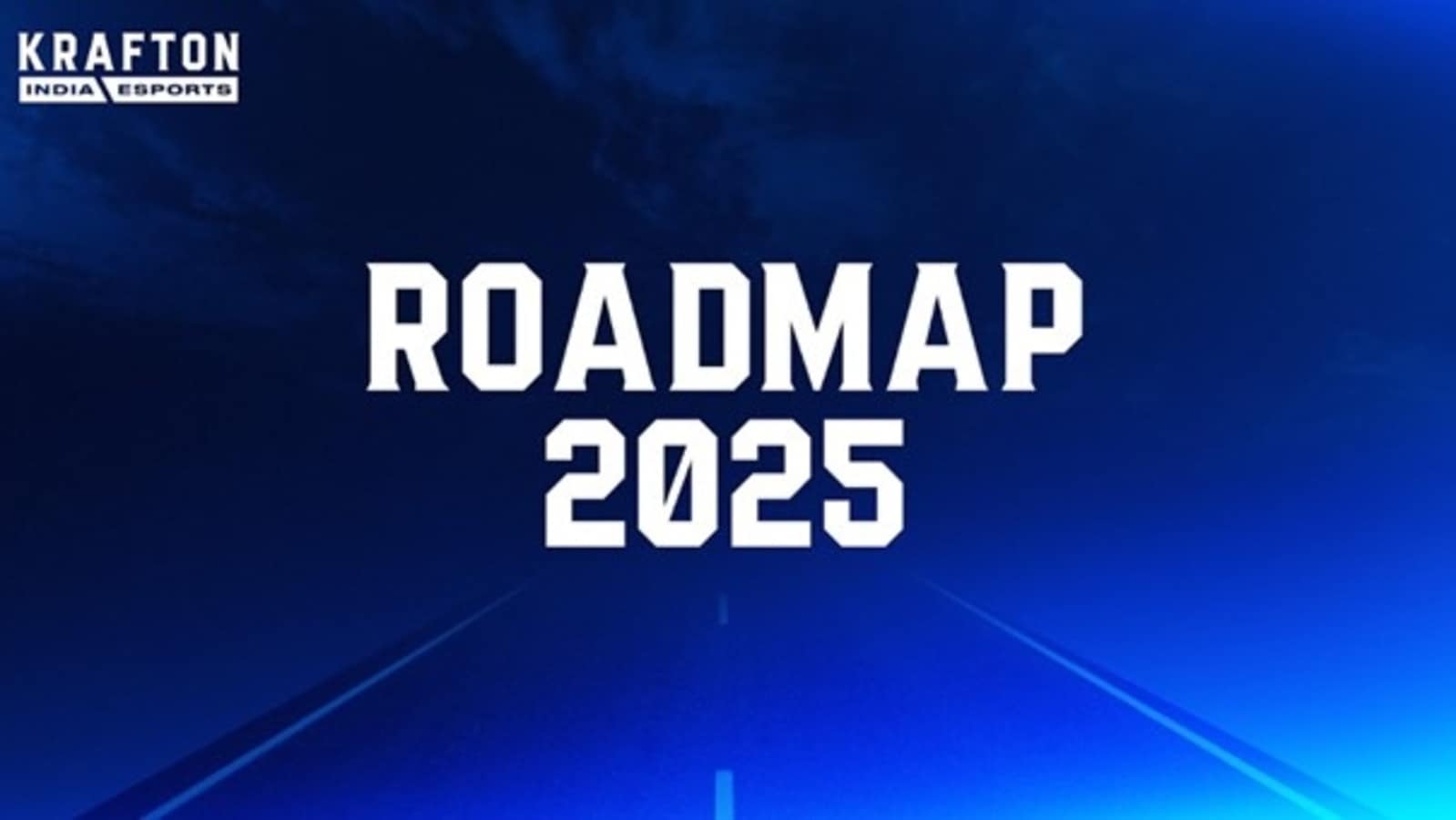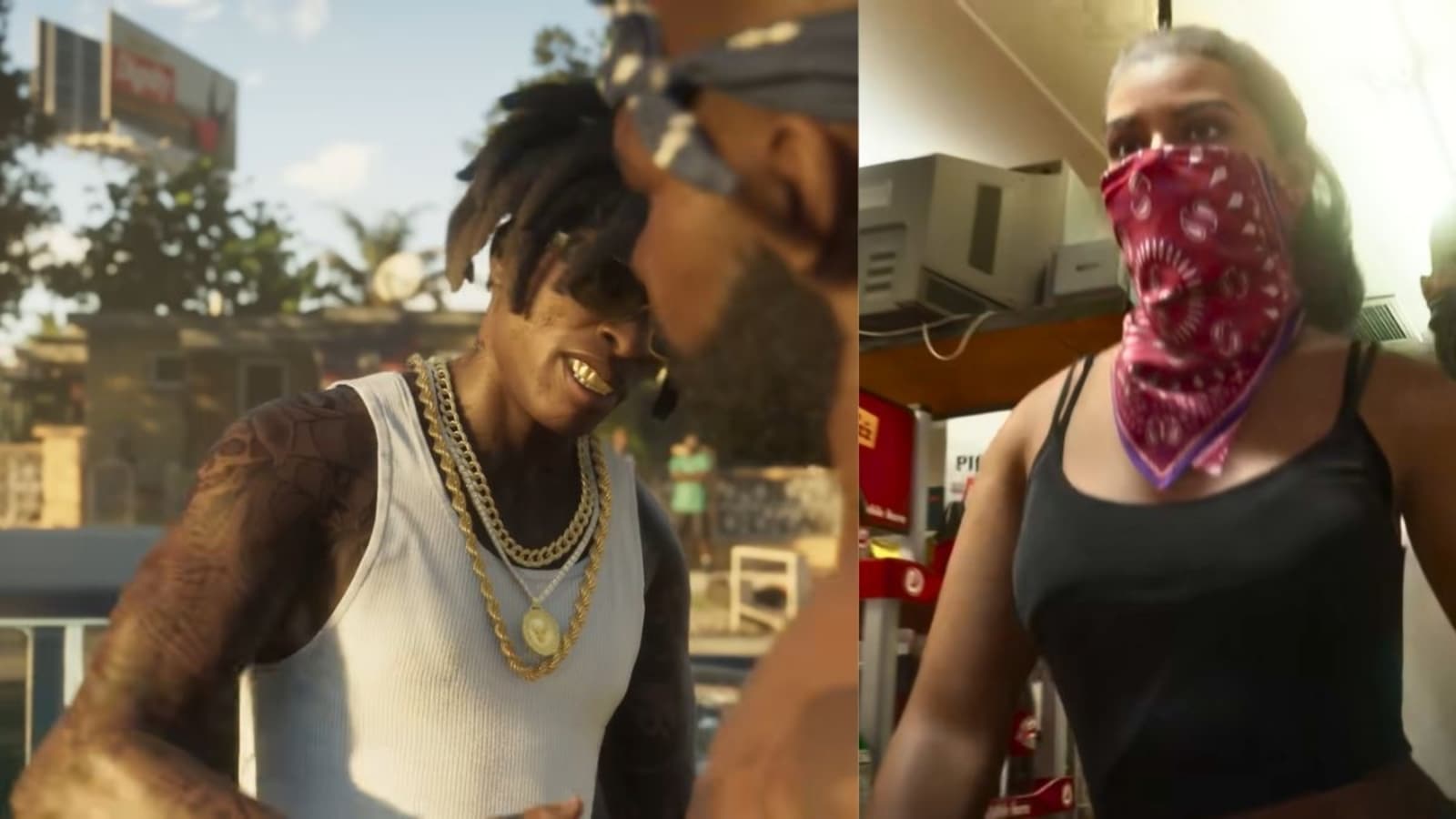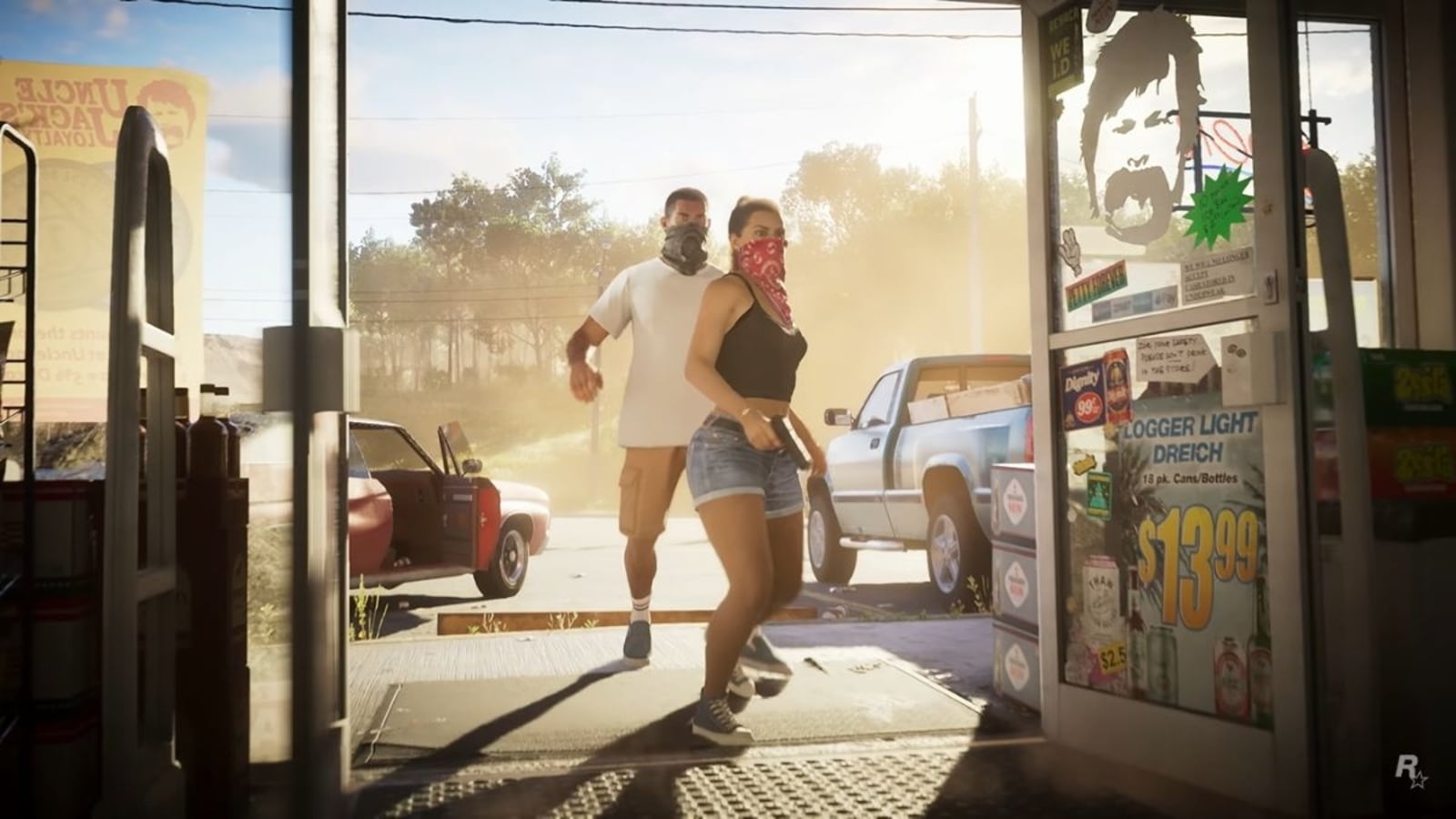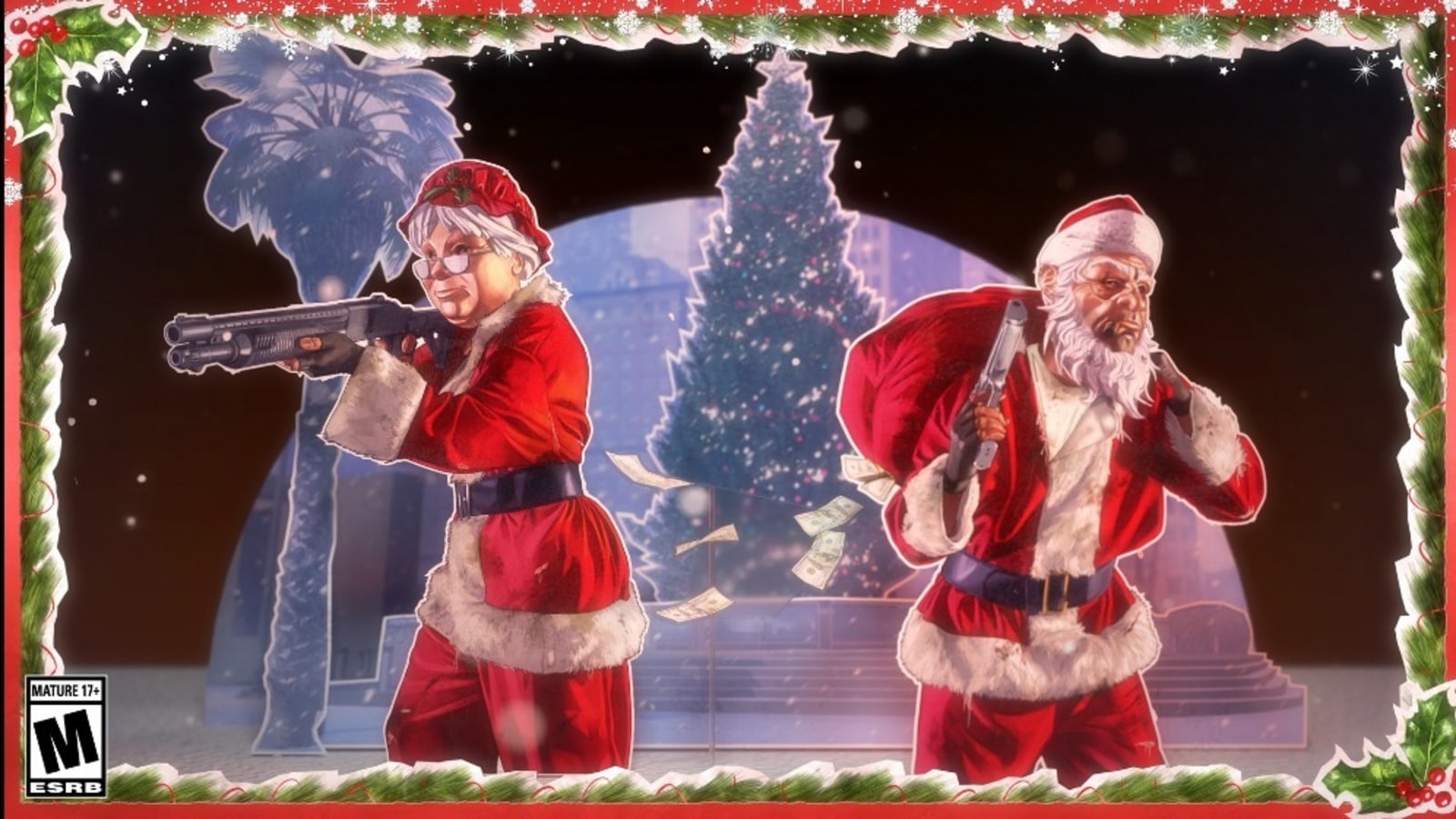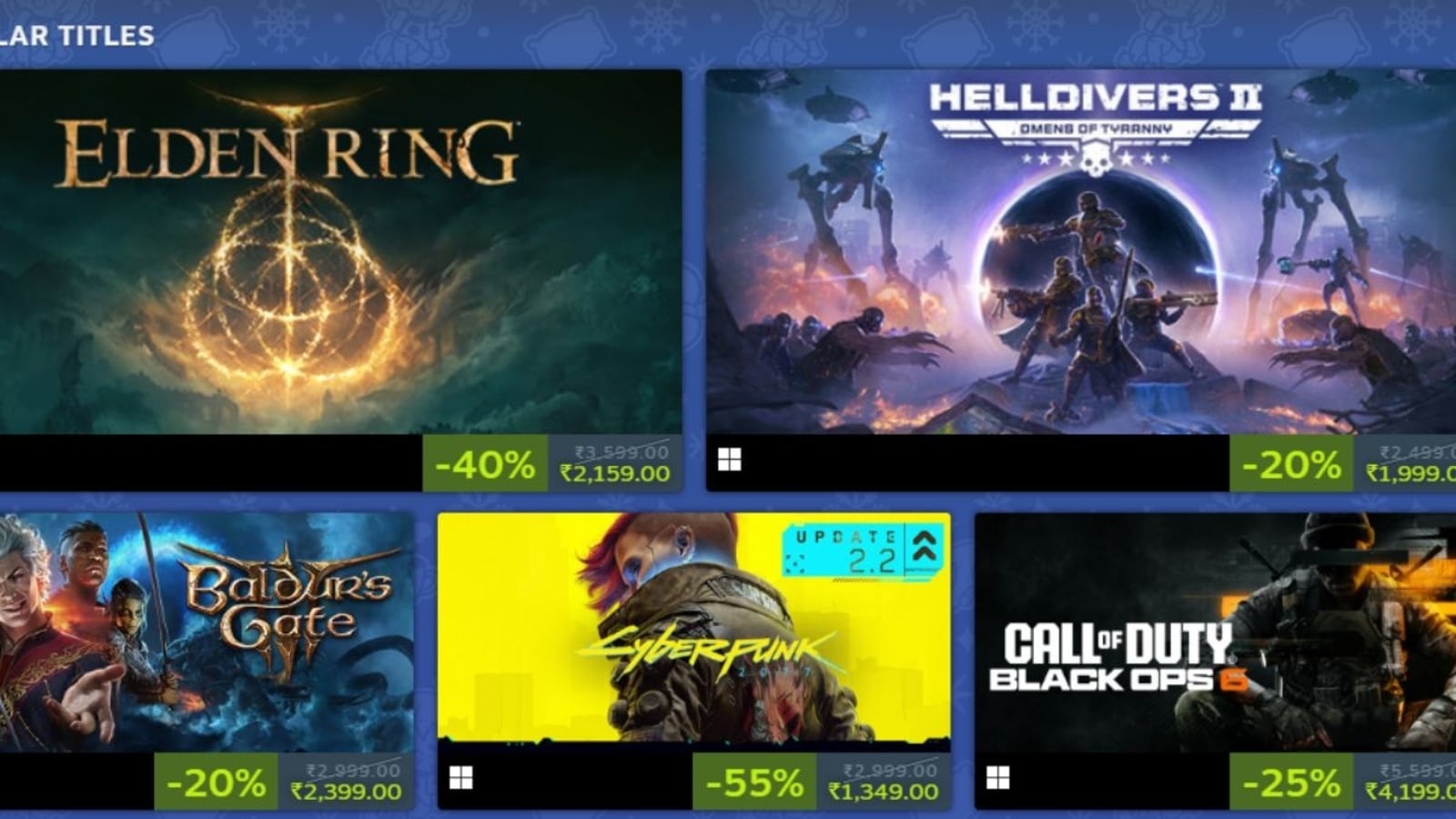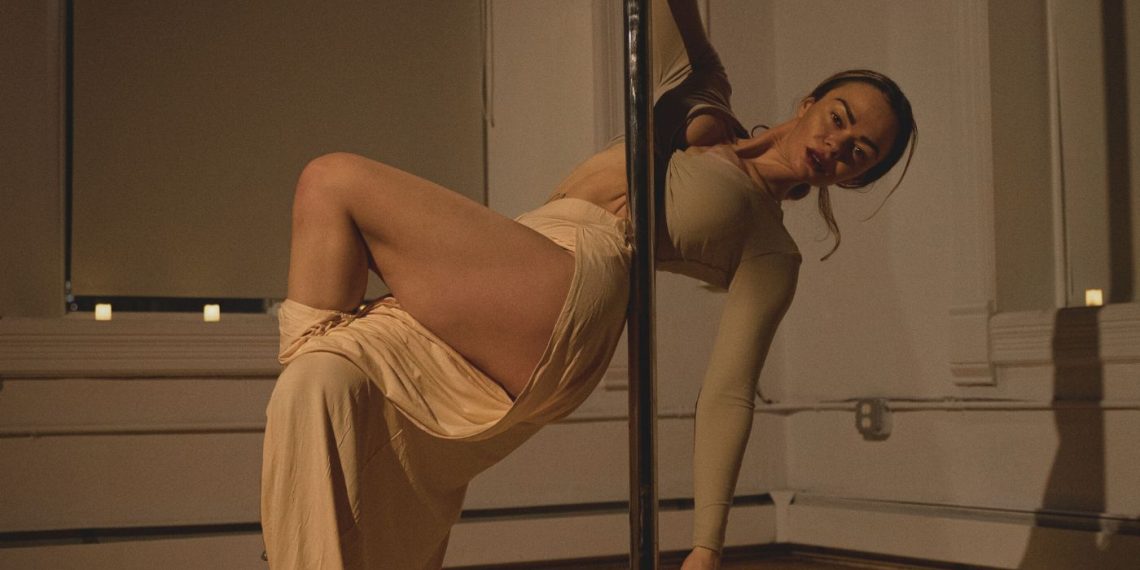In a dark, candle-lit room, Denver-based artist Riah takes center stage in her latest music video for Sertraline. Released as part of her album Trauma Bond, this piece is more than just a song. It’s a raw, unfiltered portrayal of her struggles with OCD and Complex PTSD, woven together through music and movement. If you haven’t heard the track or seen the video, you’re in for an experience that will make you feel deeply—because that’s exactly what Riah does best.
From the very beginning, Sertraline grips you. The title itself refers to a medication (often known by its brand name Zoloft) used to manage Riah’s symptoms of OCD and PTSD. As you listen to her lyrics, it becomes clear that this is her story. She’s inviting us into the most vulnerable parts of her journey, capturing the heavy, confusing, and often isolating experience of living with mental health conditions.
In the video, the visuals reflect this struggle. Shot in a dimly lit room with only candlelight casting soft, flickering shadows, the atmosphere is hauntingly beautiful. The darkness isn’t just a visual choice—it’s a metaphor for the depths of Riah’s mind, where chaos and conflict often reign. Yet, in this darkness, there’s movement, and that movement tells the story.
This is also not your typical music video choreography. Instead, Riah uses pole dancing as a physical expression of everything she’s been through. There’s grace, yes, but there’s also tension, defiance, and resilience in each move. You can feel her pushing against her own limitations, her body mimicking the internal battle she’s been fighting for years. It’s a performance that transcends mere dance and becomes a form of release—a way of saying, “These are my scars, and I’m not hiding them anymore.”
The lyrics of Sertraline are equally as raw and piercing. She doesn’t shy away from the painful truths of her mental health struggles, as seen in lines like “I’m no good for me” and “are we past the point of no return?” These are the kinds of thoughts that many with OCD and Complex PTSD know all too well. It’s that internal dialogue that tells you you’re not enough, that you’re trapped, and that you’ll never get better.
Riah’s journey through the music industry hasn’t been easy. She started young, navigating the harsh realities of the pre-MeToo entertainment world in Los Angeles. After facing her share of exploitation and darkness, she stepped away from the scene, determined to return on her own terms. And that’s exactly what she’s done.
Now, with her second album, Trauma Bond, Riah is crafting a new narrative. One that’s raw, authentic, and unafraid to confront the shadows. She describes her sound as a mix of vulnerability and “villain energy,” and in Sertraline, you get a perfect glimpse of what that means. There’s power in her pain, and she wields it masterfully. It’s not just about being vulnerable—it’s about owning it and using it to connect with others who might be feeling the same way.
If there’s one thing to take away from Sertraline, it’s this: Riah is not afraid to make you feel. Whether it’s through her lyrics, her voice, or the visuals of her pole routine, she invites you into her world, a place where chaos and beauty coexist. And in doing so, she reminds us that even in our darkest moments, there’s still a way to dance through the pain.
For anyone who has ever struggled with their mental health, this song is for you. It’s a reminder that no matter how trapped you may feel, those “battle scars and metal bars” can’t keep you forever. There’s always a way out, and sometimes, that way involves rewriting your own story—just like Riah did.
Connect with Riah
https://www.instagram.com/riahmusic
https://linktr.ee/riahmusic1991


